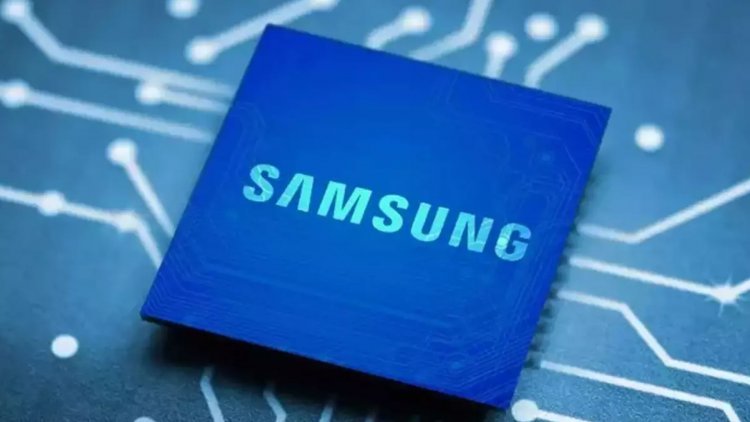By 2027, Samsung Electronics will increase its manufacturing of sophisticated chips due to strong demand
After Taiwan Semiconductor Manufacturing Co (TSMC), the second-largest foundry in the world is aiming to mass produce advanced 2-nanometer technology chips by 2025 and 1.4-nanometer chips by 2027 for usage in high-performance computing and artificial intelligence applications.

Despite present global economic challenges, Samsung Electronics' chip contract manufacturing unit announced on Tuesday that it expects to more than triple its advanced chips production capacity by 2027 to fulfil robust demand.
After Taiwan Semiconductor Manufacturing Co (TSMC), the second-largest foundry in the world is aiming to mass produce advanced 2-nanometer technology chips by 2025 and 1.4-nanometer chips by 2027 for usage in high-performance computing and artificial intelligence applications.
"This year's price increases have made some headway, and costs are now being taken into account. The current environment won't have much of a direct influence on new orders because they won't be made for 2-3 years, "according to Moonsoo Kang, executive vice president of Samsung Electronics' foundry division.
In June, Samsung started manufacturing 3-nanometer semiconductors in large quantities. According to Samsung, the business was in discussions with potential clients for a 3-nanometer partnership, including Qualcomm, Tesla, and Advanced Micro Devices.
The largest memory chip manufacturer in the world, Samsung, has struggled in recent years to meet customers' demands for foundry yields. Analysts claimed that the company pushed cutting-edge technology too soon in an effort to compete with TSMC, but that this resulted in a lack of experience with the kind of long-term client cooperation that was required in contract manufacturing.
According to Samsung Co-CEO Kyung Kye-hyun, the company's foundry business has trailed behind TSMC in terms of performance and development timeline for 5- and 4-nanometer circuits, but clients are interested in the second generation of 3-nanometer chips that will be produced starting in 2024.
"Since the beginning of 3-nanometer mass production this year, we have been maintaining in line with customers' expectations," Kang added.
He pointed out that the long-term expansion of high-performance computing, artificial intelligence, 5G and 6G connectivity, and automotive applications is driving a significant rise in demand for sophisticated chips with a 5 nanometer or smaller size, despite the current inflationary pressures.
Even if all anticipated investments are made, the business might still struggle to fulfil demand, he said.
The capability for producing advanced chips can only be increased to a certain extent, according to Kang, due to the Dutch company ASML's restricted production capacity.
Customers in the United States are particularly interested in production there for the dependability of the supply chain, according to Kang. "Our Taylor website is huge. It's a good location for growth, "Added he.
In Taylor, Texas, Samsung is currently constructing a semiconductor manufacturing facility for operations to begin in 2024.




 admin
admin 




















